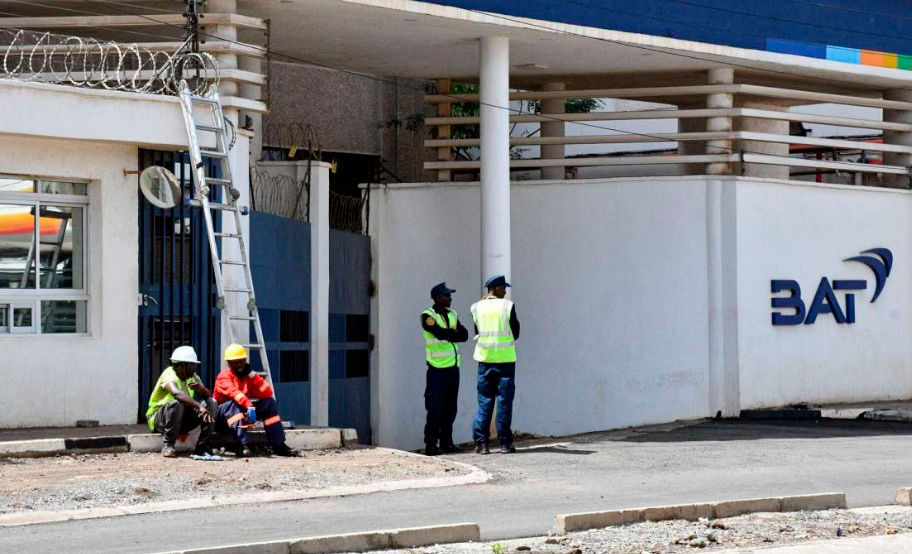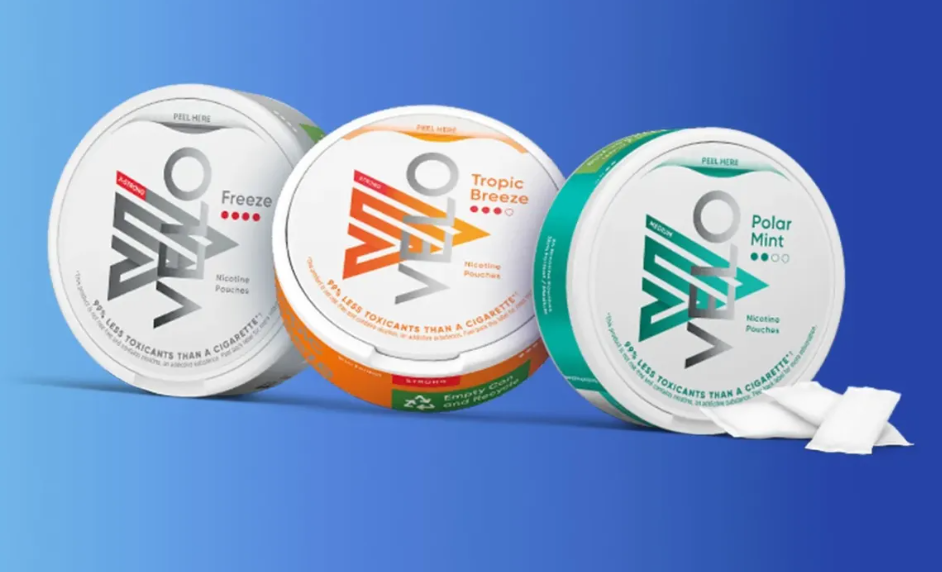British American Tobacco Kenya (BAT) is actively promoting its nicotine bag product Velo, indicating that the company has found common ground with the government on the regulation of the commodity, Businessdailyafrica reported on January 4.
Bat Kenya introduced the product in 2019, then under the brand name Lyft, in a bid to diversify its product line against increasingly stringent regulations and heavy tax pressures around the world. However, in 2020, the government indicated that the product should be regulated as a tobacco product, and BAT stopped marketing the product, despite having set up a production plant in Kenya.
The company said it remarketed the merchandise under the Velo brand in 2022 and began rolling out Velo nationwide, while government officials said they were working on regulations to accommodate the new product and similar offerings from other players.

BAT said: “In Pakistan, Velo’s growth is strong and the number of consumers has increased, with an average daily consumption of nearly 5 packs. In addition, we have conducted a successful pilot test in Kenya and are now accelerating the national rollout.”
BAT has said it plans to eventually produce tobacco-free nicotine packs in the country, using a 2.5 billion Kenyan shillings ($15.87 million) plant, although it has been idled amid regulatory uncertainty. “Although the plant will be completed in 2021, it is still awaiting regulatory approval and has not yet begun operations,” the company said.

At present, BAT’s main revenue comes from the sale of cigarettes and semi-processed tobacco, which are sold in both local and export markets. The company made a net profit of 2.8 billion Kenyan shillings ($17.78 million) in the half year to June, down slightly from 2.9 billion the previous year. Net sales also fell from $14 billion to $13.1 billion ($83.17 million) over the same period.









